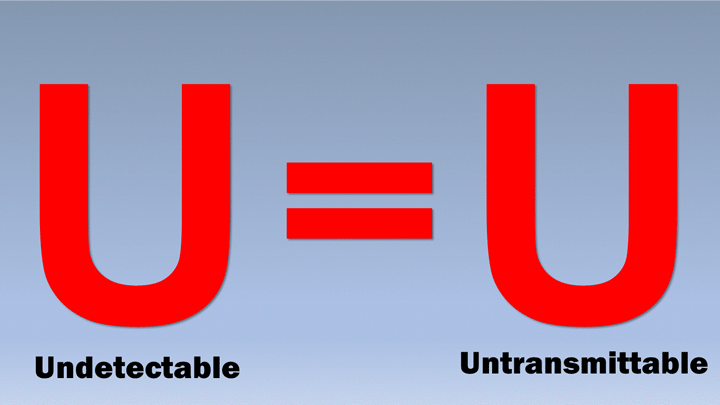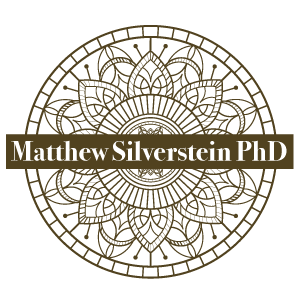The specter of the HIV/AIDS epidemic has been a backdrop of my clinical work in the LGBTQ community. The devastation of this epidemic, which wiped out so many so suddenly, and whiplashed the community with virulent homo/transphobia and racism that stymied research and organizational efforts early on, is still taking its toll.
For many infected and affected by HIV this phase of the epidemic can feel like a kind of purgatory in which a normal life span is more conceivable, yet HIV/AIDS stigma continues to contribute to social isolation, fear, relationship stress, shame and medical complications including from medication side effects cause ongoing concerns.
Exciting advances in the field are also changing the course of the epidemic. PreP (pre-exposure prophylaxis) allows many who are HIV negative to stay that way. PEP (post-exposure prophylaxis) offers an emergency intervention 1-3 days after exposure to HIV. Research also has compellingly shown that a person medically treated for HIV with an undetectable viral load cannot transmit the virus (U=U).

HIV, as with other chronic illness carries its own challenges. Psychotherapy can offer support in thinking about organizing care provision as well as considering effective forms of self-care. It also can be an arena to acknowledge the subjective or internal level of coping with health concerns that are often overlooked in the medical process. Furthermore, exploring the meaning of living with illness can also lead to a fuller appreciation and embodiment of life.



